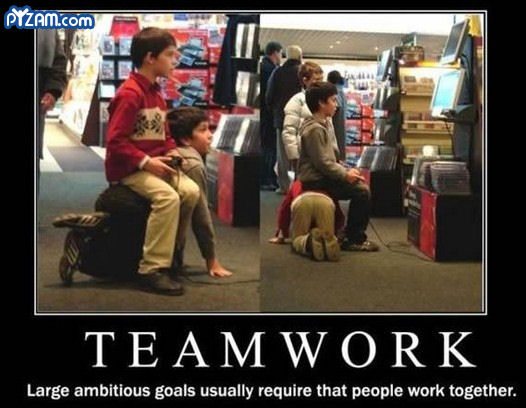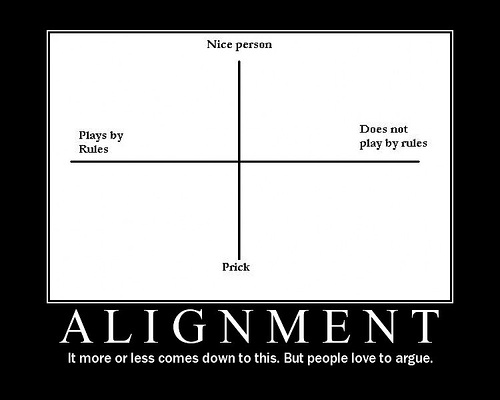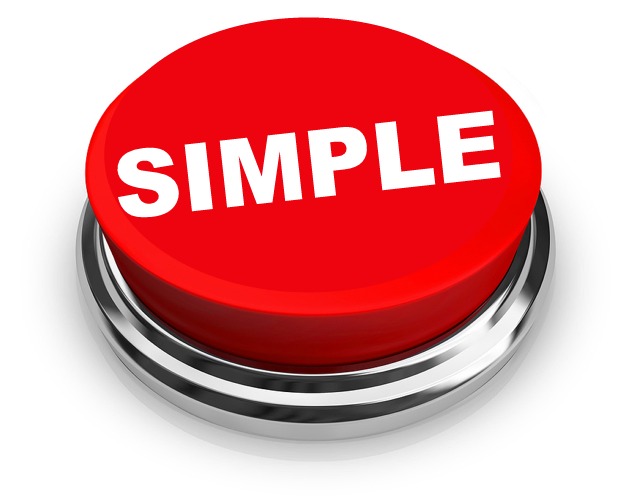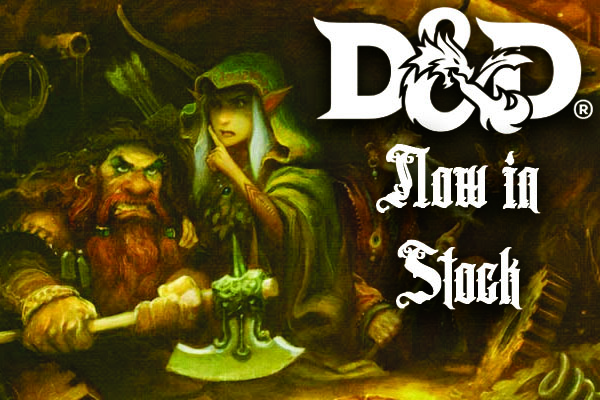Motivation tells you a lot about a person. Desire is one of the fastest ways to make a character relatable. Today Temo from The Brew Crew talks about using motivation to flesh out your NPCs in DnD and other TRPGs
Take the film Whiplash as an example; the film is centered around Andrew Neiman’s want to make an impact— to be immortal. While Andrew is not a fun character, the film lives in his desire to reach greatness and the viewers are meant to enjoy watching him implode to get there.
While no one NPC needs to be fleshed out that thoroughly, giving them a want will make your players feel like they are interacting with the world at large.
Here are three tips for incorporating motivations in your roleplaying sessions.

1) Writing Counter-Player Motivation
Campaigns (and plots in general) thrive on conflict. Giving your NPCs a want will encourage conflict between them and the PCs. The big examples are easy to think of: the antagonist wants the same enchanted item as the party, a cruel and evil ruler wants to stamp out a rebellion, a religious zealot wants to sacrifice the local youths. These examples are great for establishing an overarching conflict.
But the Big Bad is only one plot point in a campaign. Spreading this same attention to the smaller and more frequent NPCs will give your world depth. For example: the characters want to buy supplies from a local shopkeeper. Think about what the shopkeeper wants and how it will affect their interactions. Is your shopkeeper trying to expand his business? He may ask for a higher price on ordinary goods, giving the players the opportunity to barter or roll for something more reasonable. He may try to upsell the players a product that may be useless when the time comes to use it.
On the flip side, how would a distracted or frightened shopkeeper act? A shopkeeper that wants to keep his head in the middle of a revolution may refuse to sell to your PCs or may sell them up the river if it benefits them.
Doing this smoothly will achieve three things: 1) it will establish a trait for your NPC that is consequential to your players, 2) it’s an opportunity to show how your NPCs act, and 3) it will pose small but worthy challenges for your players in an organic way.

2) Writing Pro-Player Motivation
On the flip side, a motivation that aligns with your players will give you some wiggle room for helping your players through a difficult patch of your campaign.
This is great for filling gaps in party composition. Is your party missing a cleric? Well, Oswin the Priest down the road wants to see the evil empire fall as much as you do. Is a mentor to one of your PCs worried about their protege? Now he’s a party member. Keep in mind you can scale these characters down as the campaign requires.
Word to the wise: campaigns thrive on conflict, not ease. It’s very easy to turn one of these pro-party characters into a babysitter type. And those tend to suck the fun out of campaigns.

3) Consider Alignment
Alignment dictates how a person will react in any given scenario and it comes with some interesting potential.
A Good NPC will do everything they can to get what they want without causing unnecessary harm, stealing, or generally making things worse. If you’re trying to make things easy for your party, this is a great place to start, as (usually) your PCs are also good and want to help the people around them.
Good NPCs can make things worse for your party if your party is evil or if your party is willing to do things that your Good NPC cannot stomach. A good character that has turned against your party may be a prickly customer because they think they’re in the right and usually other NPCs do too. Keep this in mind when developing conflict.
Obviously, evil characters make effective villains and minions, and usually their motivations will push them to attack, manipulate or steal from the PCs. But evil characters are much more interesting and have much more potential when they are made into allies by a common goal.
Evil NPCs will always push the characters to do whatever it takes to get what they want. How will the evil NPC act when the party is no longer useful to them? What will outsiders want to do when the PCs are working with an evil person? Is betrayal a possibility? These are great questions to ask yourself when writing a campaign.
The Lawful vs. Chaotic axis adds another layer of depth. Lawful characters will get what they want by relying on a code of conduct. This may pose a conflict to a roguish party that prefers to go loose cannon. Even though they may want the same thing as the PCs, their alignment may limit them from helping.
Chaotic characters are the polar opposite. Chaotic NPCs do not care about the law of the land if it prohibits them from doing the good they want. But if you’re not willing to eschew law and order to do what’s necessary, they may choose to leave you behind.
These lawful and chaotic examples are both good in nature, but try imagining the scenarios with a lawful evil NPC or a chaotic evil NPC.

4) Keep it simple
before you write ten pages of backstory for one shopkeeper, take a deep breath and ask yourself: is this necessary? Will your players need it to continue the campaign? If the answer is no, then save yourself the time. If the answer is yes, or if you personally enjoy that level of world building, then have at it.
Unless you’re developing an NPC over the course of several sessions, most wants should be simple. Usually, people want money, love (sex), or power. Most NPCs will be interesting enough if they want one of those three. If your players ask why they want those things, the answer can be as simple or as drawn out as you’d like to make it.
Also, not every NPC needs to be this motivated. Not every person will try to work a few coins from the characters and that’s totally OK! If you want to make certain NPCs useful or memorable, a motivation is a great place to start. Making every interaction a negotiation or fight is a quick way to grind your campaign’s pace to a halt.
Creating a want is a simple way to make your characters more than two dimensional, and I hope that your experiments with NPC motivation make your campaigns more enjoyable.
As always check out more articles from The Brew Crew here, and while you’re at it check out our FLG store for more great DnD merchandise for your 5th edition DnD homebrew campaigns.



